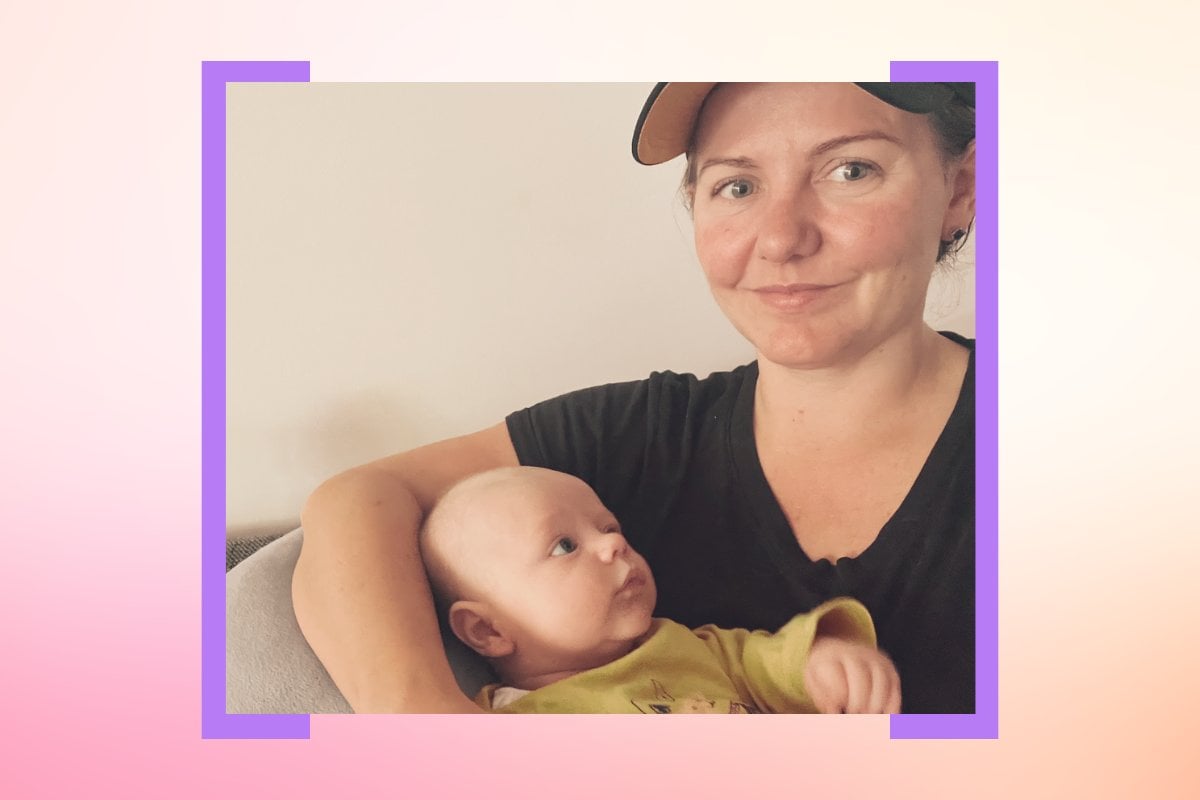
Mother’s Day is looming, and while it’s a joyous occasion for many, for others it can be a dark and difficult day. Whether women without children want to be mothers or not, the lead-up can be a time full of unwelcome reminders and increased anxiety.
Here are six things I learned about the stigma of not having children, based on my 12 years on the 'other side' during over a decade of IVF and before I became a 'geriatric mother'.
1. There are different types of childlessness, and it's different for everyone.
There are two main groups: The childless (involuntary) and the childfree (voluntary) and other than the absence of children, they don’t have as much in common as you might think.
Childlessness isn’t confined to couples. There are many single people without children who are yearning, whereas their childfree single counterparts might be living their best lives. People with children can experience some of the grief and yearning associated with childlessness when trying to have additional children, and their associated pain isn’t ‘less’.
What the groups have in common is that no two stories, individuals or days are the same. How people feel about being childless/child-free evolves depending on their circumstances. For me, it wasn't constant, and while the longing never disappeared, it was dormant sometimes. There were PLENTY of times I felt childfree rather than childless, and I'm grateful for the years I had as both. People can move between the groups (and subgroups) across their lifetime.
Watch: Tanya Hennessy opens up about infertility. Post continues below.


Top Comments